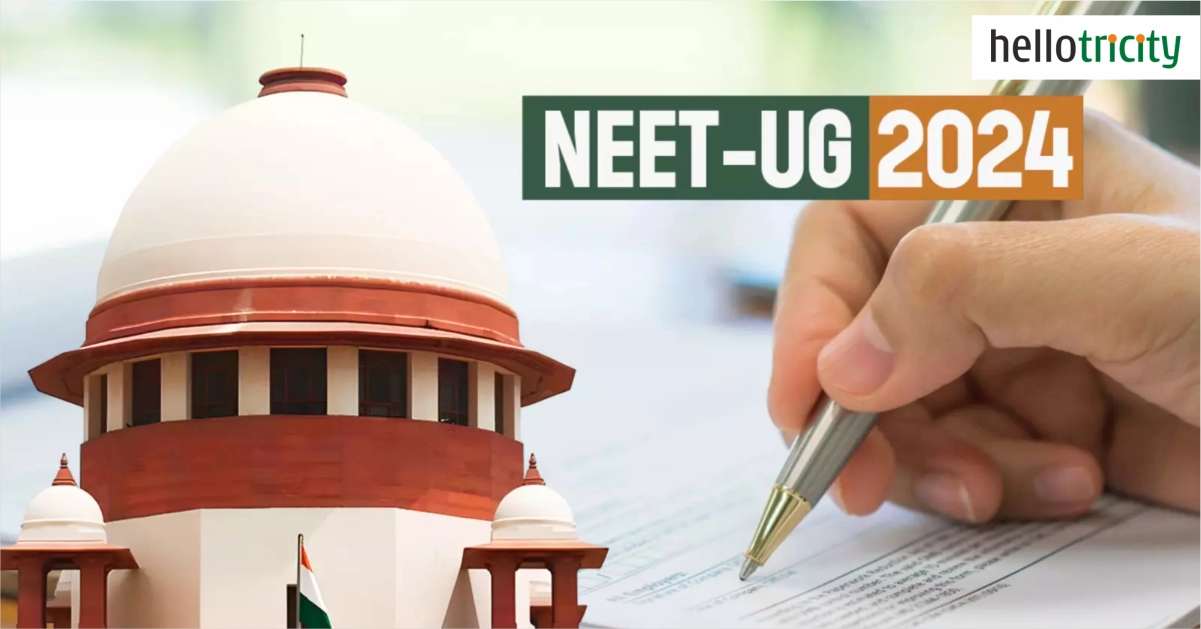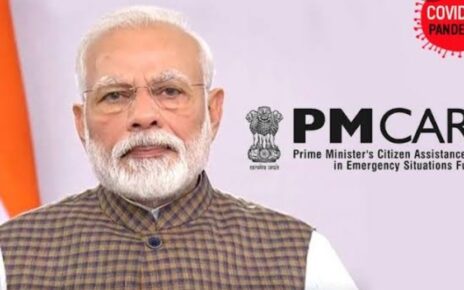The NEET-UG 2024 exam, which is the admission exam for undergraduate medical programs in India, is being challenged in the Supreme Court because a question paper leak undermined the exam.
Concerns Raised Over Leak Timeline
The Court raised doubts about the claims made by the National Testing Agency (NTA) and the Central government. The NTA argues that the leak only occurred about 45 minutes before the exam began in certain centres. The Court questioned how the entire 180-question paper could be solved and distributed to students within that timeframe.
Petitioners Seek Cancellation, Government Defends Exam
The petitioners, represented by senior advocate Narender Hooda, argue for a complete cancellation of the NEET-UG 2024 due to a “systemic failure.” They allege that the question papers were transported in an unsafe manner, spending six days in the custody of a private courier company in Hazaribagh, Jharkhand. They further claim the papers were delivered to an exam centre using an e-rickshaw, whose principal is now under arrest for alleged involvement in the leak.
Solicitor General Tushar Mehta, representing the government, denied any suggestion of a leak. He emphasized that the CBI investigated the entire chain of custody “from printer to centre” and highlighted the “seven-layer security system” in place. The Court then pressed Mr. Mehta on using a private courier company to transport the papers.
Re-Test Only if Exam Integrity is Lost
The Supreme Court clarified that it would only order a re-test if the “sanctity” of the May 5th exam was “lost on a large scale” due to leaked questions. The Court acknowledged concerns raised last week about the exam’s integrity but cautioned against a re-test unless a significant impact from the leak is proven.
High Scores and Grace Marks Raise Questions
The controversy surrounding NEET-UG 2024 began with allegations of a question paper leak on social media. This was followed by reports of an unusually high number of perfect scores (67 students) and the awarding of “grace marks” to over 1,500 students, a practice not typically followed in the exam.
Government Relies on Analysis to Deny Malpractice
In a recent affidavit, the government cited an analysis by IIT Madras which concluded that there was no evidence of “mass malpractice” or students benefiting from cheating. The Supreme Court will resume hearings on July 22nd. This case will decide the future of millions of students waiting for their scores to be validated.




